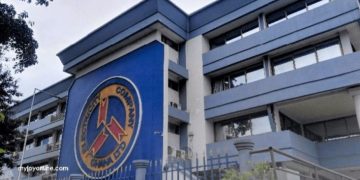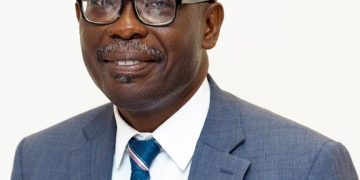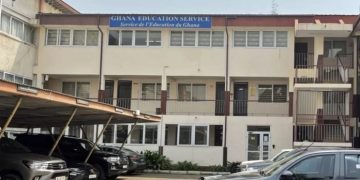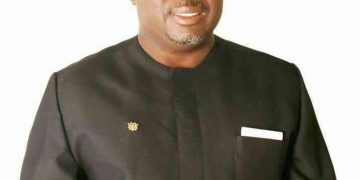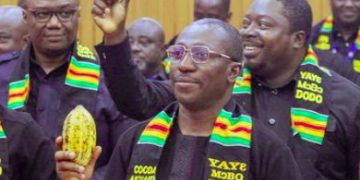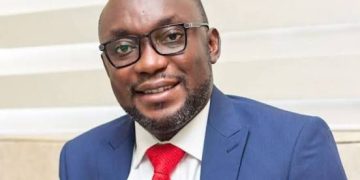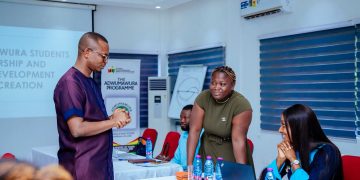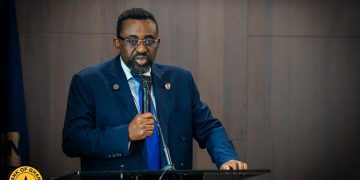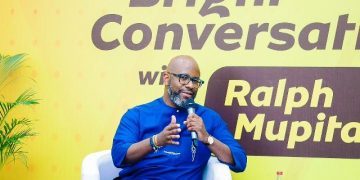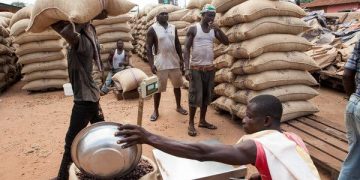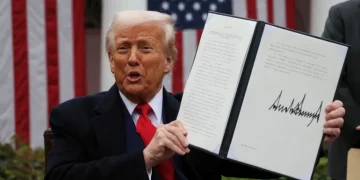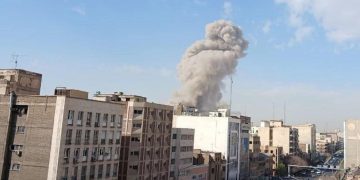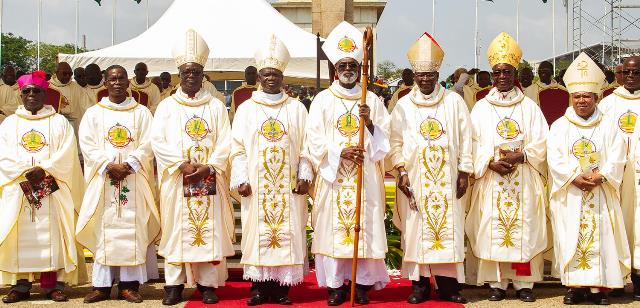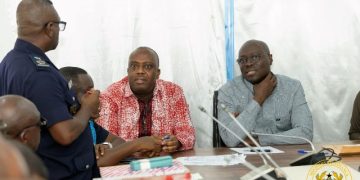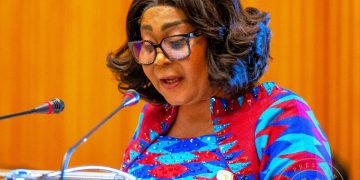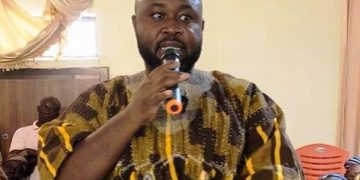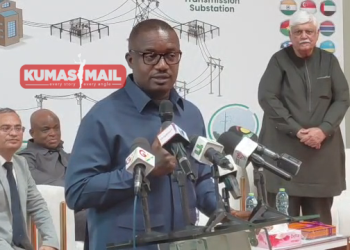The Ghana Catholic Bishops Conference has called on the Economic and Organised Crime Office and the Office of the Special Prosecutor to demonstrate boldness, professionalism, and full independence in the national fight against corruption.
The bishops say public trust in state institutions is eroding because too many Ghanaians believe corruption investigations are slow, selective, or influenced by political considerations.
In their 2025 Plenary Assembly communiqué, the bishops described corruption as a destructive national disease that weakens public institutions, undermines development, and promotes injustice. They referenced Ghana’s 2024 Corruption Perceptions Index score of 42 out of 100, which placed the country 80th out of 180 globally. According to the Conference, the ranking reflects a deeply rooted problem that requires strong moral leadership and uncompromising accountability.
The bishops stated clearly, “It is absolutely imperative that both the Economic and Organised Crime Office and the Office of the Special Prosecutor exercise their mandates with complete independence and are seen to be so by all Ghanaians.” They added that investigations must be based solely on evidence and legal principles without fear or favour. They emphasised that those under investigation must not be shielded because of political affiliation, economic power, or social status.
The Conference urged government to provide adequate, predictable funding for anti-corruption bodies so they can work without external interference or financial frustration. They warned that starved institutions cannot function effectively, leaving corruption unchecked. They insisted that anti-corruption bodies must operate transparently so that the public can see that justice is being served fairly and consistently.
The bishops appealed to political leaders to stop interfering, whether directly or indirectly, in the investigative processes of these institutions. They argued that even the perception of interference weakens confidence in the entire justice system. The communiqué stated, “The credibility and success of our nation’s entire fight against the cancer of corruption depends heavily on the perceived and actual independence, courage, and effectiveness of these crucial institutions.”
The Conference expressed concern that Ghana’s anti-corruption efforts often focus on petty offenders while high-profile individuals go unpunished. They argued that selective justice not only undermines the rule of law but also emboldens corruption. They called on the Office of the Special Prosecutor to openly demonstrate its independence through decisive and impartial investigations, regardless of who is involved.
Beyond institutional reforms, the bishops also highlighted the economic impact of corruption. They stressed that corruption increases the cost of public services, slows development projects, and discourages investors. It also deepens inequality, making it harder for vulnerable communities to access essential services such as education, healthcare, and sanitation.
Additionally, the bishops called for economic fairness and responsible pricing. They observed that despite the relative stability of the cedi, prices of goods and services remain high. They urged businesses to reflect currency stability in pricing so as not to worsen the economic burdens of ordinary citizens.
In their broader national message, the bishops reminded public officials that their duty is to serve the people with integrity. They urged Parliament, government agencies, and the judiciary to work together in strengthening legal frameworks that promote transparency. They also encouraged citizens to report wrongdoing and resist bribery at all levels of society.
The communiqué concluded by calling on Ghanaians to embrace the values of honesty, fairness, and selflessness. It stressed that corruption cannot be defeated by institutions alone and requires a collective moral renewal. The document was signed by Most Rev. Matthew Kwasi Gyamfi, Bishop of Sunyani and President of the Ghana Catholic Bishops Conference.
Source: www.kumasimail.com




